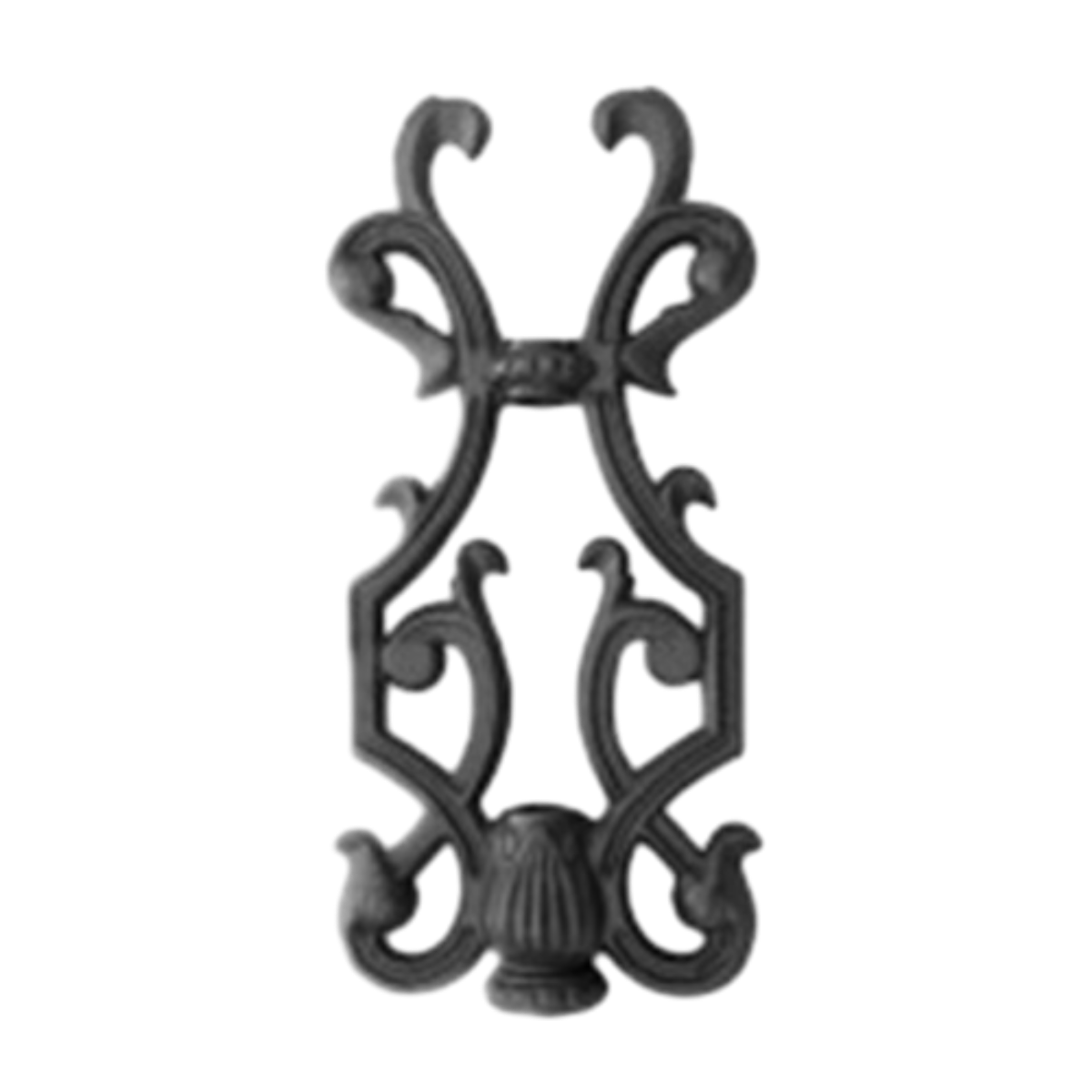Exploring the Beauty and Functionality of Decorative Iron Elements for Your Home and Garden
The Beauty and Utility of Ornamental Iron Components
Ornamental iron components have long been revered for their unique blend of beauty, strength, and durability. These elements have been a staple in architectural design and landscaping, enhancing both residential and commercial properties. From decorative gates and railings to intricate balusters and furniture accents, ornamental iron is versatile and can be customized to suit a variety of aesthetic preferences.
Historical Context
The use of wrought iron dates back to ancient times, but it was during the 19th century, particularly in the Victorian era, that ornamental ironwork gained significant popularity. The Industrial Revolution made iron more accessible and affordable, leading to an explosion of artistic designs and applications. Skilled artisans began to create intricate patterns and forms that elevated structures beyond plain functionality. This period saw the birth of elaborate iron railings, stunning gates, and even ornate window grilles, all of which adorned homes, public buildings, and gardens.
Aesthetic Appeal
One of the most compelling reasons for the enduring popularity of ornamental iron components is their aesthetic appeal. These components offer a timeless elegance that can complement various architectural styles, from classical to contemporary. Blacksmiths and craftsmen typically employ intricate scrollwork, floral motifs, or geometric patterns, which can be tailored to match the desired theme of the space. Whether it’s the delicate curl of a gate or the bold presence of a balcony railing, ornamental iron contributes to the overall character of a property.
Adding decorative iron elements can elevate a mundane entrance or a simple railing into a statement piece
. With various finishes available—such as painted, powder-coated, or left to rust naturally—homeowners can customize the look of their ornamental iron components to achieve their envisioned design.ornamental iron components

Functional Benefits
Beyond their visual appeal, ornamental iron components offer numerous practical benefits. Iron is known for its strength and durability, making it an ideal material for structures that require both security and resilience. Ornamental iron gates and fences provide effective barriers while simultaneously enhancing the property’s curb appeal. Additionally, they often require less maintenance than wood or vinyl options, making them a practical investment for homeowners.
In terms of safety, ornamental iron railings are invaluable, especially in multistory buildings or outdoor spaces. They provide essential stability and support while maintaining an open and airy visual effect. The combination of functionality and decorative finesse makes ornamental iron an attractive choice for homeowners and architects alike.
Modern Applications
Today, the application of ornamental iron has extended beyond traditional contexts. Designers and homeowners are increasingly incorporating these components into modern settings, blending them with materials such as glass, wood, and concrete. For instance, glass panels can be paired with ornamental iron railings for a contemporary look that allows for unobstructed views, perfect for decks and balconies. Furthermore, advances in technology and fabrication techniques have allowed for even greater customization options, including laser-cut designs and modular components that can easily be assembled and disassembled.
Conclusion
Ornamental iron components embody a unique blend of art and utility. Their historical significance, coupled with their adaptability to modern design, makes them a preferred choice for enhancing both the safety and beauty of any space. Whether through a grand entrance gate or elegantly designed railings, ornamental iron continues to be a timeless solution that captures the imagination and elevates the aesthetic quality of our environments. As the world continues to evolve, it is clear that the charm of ornamental iron components will endure, framing our spaces with both elegance and strength for generations to come.
-
Wrought Iron Components: Timeless Elegance and Structural StrengthNewsJul.28,2025
-
Window Hardware Essentials: Rollers, Handles, and Locking SolutionsNewsJul.28,2025
-
Small Agricultural Processing Machines: Corn Threshers, Cassava Chippers, Grain Peelers & Chaff CuttersNewsJul.28,2025
-
Sliding Rollers: Smooth, Silent, and Built to LastNewsJul.28,2025
-
Cast Iron Stoves: Timeless Heating with Modern EfficiencyNewsJul.28,2025
-
Cast Iron Pipe and Fitting: Durable, Fire-Resistant Solutions for Plumbing and DrainageNewsJul.28,2025
-
 Wrought Iron Components: Timeless Elegance and Structural StrengthJul-28-2025Wrought Iron Components: Timeless Elegance and Structural Strength
Wrought Iron Components: Timeless Elegance and Structural StrengthJul-28-2025Wrought Iron Components: Timeless Elegance and Structural Strength -
 Window Hardware Essentials: Rollers, Handles, and Locking SolutionsJul-28-2025Window Hardware Essentials: Rollers, Handles, and Locking Solutions
Window Hardware Essentials: Rollers, Handles, and Locking SolutionsJul-28-2025Window Hardware Essentials: Rollers, Handles, and Locking Solutions -
 Small Agricultural Processing Machines: Corn Threshers, Cassava Chippers, Grain Peelers & Chaff CuttersJul-28-2025Small Agricultural Processing Machines: Corn Threshers, Cassava Chippers, Grain Peelers & Chaff Cutters
Small Agricultural Processing Machines: Corn Threshers, Cassava Chippers, Grain Peelers & Chaff CuttersJul-28-2025Small Agricultural Processing Machines: Corn Threshers, Cassava Chippers, Grain Peelers & Chaff Cutters












